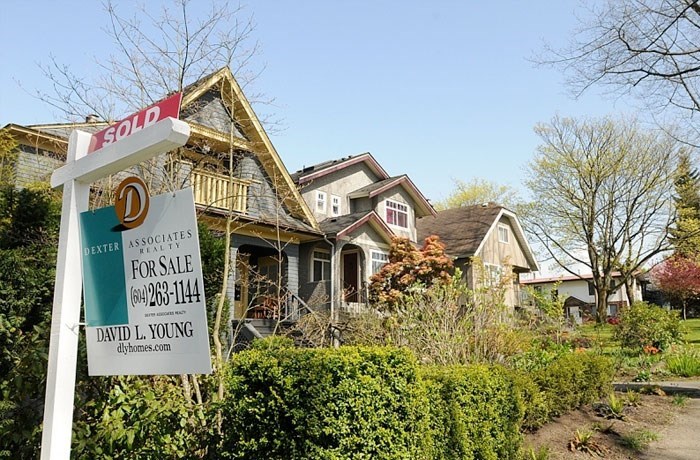The Court of Appeal of British Columbia has upheld a prior ruling that the provincial government’s foreign buyer’s property transfer tax is lawful and not discriminatory.
People’s Republic of China citizen Jing Li had her appeal unanimously dismissed June 29 by Justice Barbara Fisher with Justice Susan Griffin and Justice Peter Voith in support.
Li’s class action petition argued three key grounds: the tax violates the Constitution Act with overreaching provincial power; it also violates the Citizenship Act by not meeting Canada’s free trade obligations; and finally, it is discriminatory under the Charter of Freedoms and Rights (and particularly so against Chinese nationals).
Ultimately, Fisher determined B.C. Supreme Court Justice Gregory Bowden was correct in his key assessments of the facts put before him in 2019.
First, the province has broad and significant powers over land rights. Second, “the use of foreign capital to purchase residential real property within a province does not fit within the normal paradigm of trade and commerce of commodities across borders.” And third, Li “has not established that the tax provisions create a distinction, whether direct or indirect, based on citizenship or national origin.”
Fisher found the prior ruling sound, as it relied on the fact the tax applies to all foreign nationals and its primary goal is to help achieve housing affordability.
“The view that foreign nationals significantly contributed to the escalation of prices of housing in the GVRD is neither a stereotype nor a continuation of racist policies from the past,” ruled Bowden on October 25, 2019. “The experts have agreed that the inflow of foreign capital has significantly contributed to price increases in the GVRD.”
Li argued Asians, and particularly Chinese people, were discriminated against more so than other nationalities.
Part of her initial evidence, which was not considered by Bowden, was a report from Dr. Henry Yu, a University of B.C. professor who contended the now 20% foreign buyer’s tax is akin to past racist government policies against Asians. (Yu, who often consults government on issues of Chinese-Canadian history, also spoke against the recent money laundering inquiry, suggesting it was racially motivated.)
As Fisher noted, Yu argued that “the ‘pervasive public discourse’ that preceded the imposition of the tax conflated ‘Chinese’ with foreign, thereby targeting Chinese foreign buyers.”
But Bowden, noted Fisher, “considered the historical portion of [Yu’s] report to be unnecessary and the remainder to constitute argument rather than proper expert evidence. He expressed concern about the lack of references to source materials and Dr. Yu’s reliance on Google searches, and letters to editors and provincial government ministers to support his conclusions.”
Fisher stated Bowden should have included Yu’s report but doing so wouldn’t have made a difference and it was within his right.
“While he ought not to have excluded the entire report, the historical facts were not in dispute and this error had little effect on the analysis,” stated Fisher, adding that regardless of historical wrongs, Asians in B.C. today are equally affected by the high cost of housing.
“It is unfortunate that some of the public discourse surrounding the tax reflected unacceptable discriminatory attitudes towards Asian and Chinese persons, but there were also many people who simply sought to have a candid discussion about the problem of foreign demand on the local residential housing market,” stated Fisher.
As the facts showed, foreign money was a contributing factor to Vancouver’s unique and steep rise in residential real estate between 2013 and 2017, regardless of the vast majority of it coming from China.
The government started collecting data before the tax was imposed in August 2016 on most urban areas of the province.
“The results of the first full month collection of data showed that 9.7% of residential real estate transactions in the GVRD involved foreign nationals,” Bowden noted.
“This represented a transactional value of $885,393,373. In the City of Vancouver the percentage was 10.9%, 17.7% in the City of Burnaby and 18.2% in the City of Richmond.”
Li moved to Canada in 2013 to complete a master’s degree in public administration at the University of Saskatchewan before later moving to B.C.
On July 13, 2016, Li bought a residential real property in Langley for $559,000 plus $27,995 GST. The tax kicked in that August with Li owing an additional $83,850 as she was neither a permanent resident of Canada nor a citizen.
According to the initial ruling, Bowden noted, “In the 12-month period leading up to July 2016, the price of a single-family home increased by almost 40%. Over the same period the price of condominiums had increased by 30.9%.”
Here is a link to the ruling.




